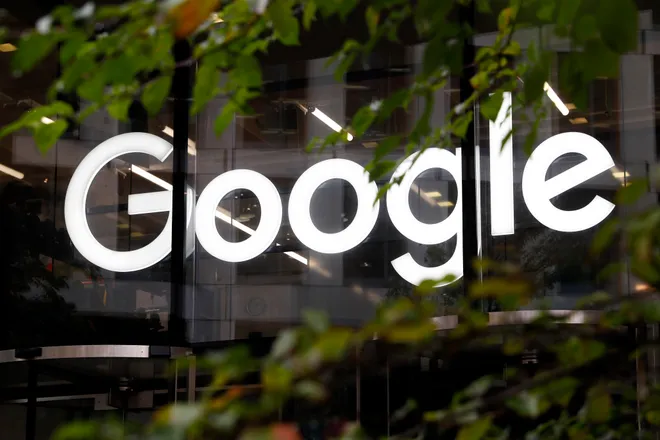Newsmatro

Google has introduced revisions to its political content policy, mandating that election advertisers provide clear disclosure if artificial intelligence (AI) was employed in their ads. These updates will be implemented in mid-November, marking a year ahead of the highly anticipated 2024 presidential election, where AI is expected to play a significant role.
Under the new policy, verified election advertisers will be obligated to reveal if AI technology was utilized to create the illusion that an individual said or did something they did not, or if AI was employed to manipulate “footage of a real event or generates a realistic portrayal of an event to depict scenes that did not actually take place.” The disclosure requirement encompasses images, videos, and audio content and must be prominently placed where users can readily observe it.
AI’s Emergence in Political Ads and Legislative Responses This policy update comes in the wake of a GOP-released 30-second advertisement following President Joe Biden’s re-election announcement, which was described as an “AI-generated look into the country’s possible future if Joe Biden is re-elected in 2024.”
In June, Florida Governor Ron DeSantis’ presidential campaign shared a video on its Twitter account featuring three fabricated images of President Donald Trump kissing Dr. Anthony Fauci, without an apparent disclosure regarding the AI-generated nature of the images.
In response to such developments, Representative Yvette D. Clarke of New York introduced a bill mandating disclosures about AI use in election ads. Rep. Clarke emphasized the significance of addressing AI-generated content in political advertising, especially during the upcoming 2024 election cycle, where AI’s potential to manipulate and deceive people at scale poses concerns for national security and election integrity.
Senate Majority Leader Chuck Schumer also voiced the importance of the United States taking a leading role in shaping rules governing AI. In April, he proposed efforts to establish rules addressing the potential risks associated with AI. Schumer’s proposal seeks to enhance security, accountability, and transparency while remaining adaptable to evolving technology.
These policy adjustments by Google reflect growing awareness and legislative action aimed at addressing AI’s impact on political campaigns, particularly in the context of elections.